Question And Answer
Publications
Articles, publications, books, tools and multimedia features from the U.S. Institute of Peace provide the latest news, analysis, research findings, practitioner guides and reports, all related to the conflict zones and issues that are at the center of the Institute’s work to prevent and reduce violent conflict.
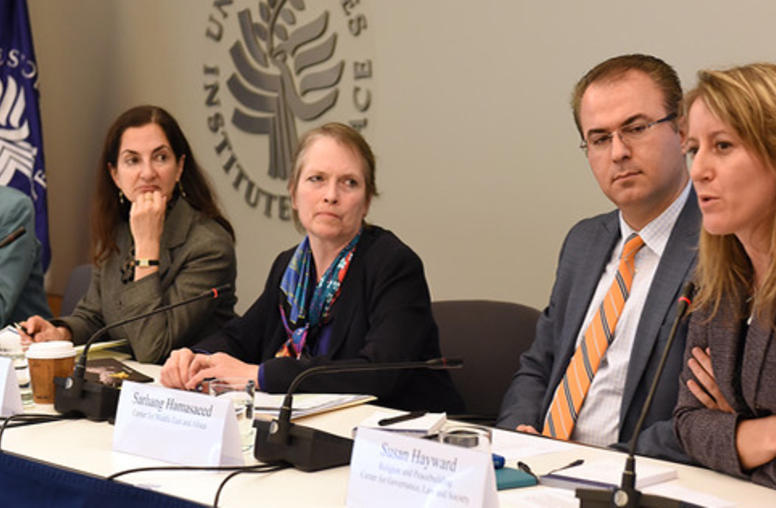
Reconciliation as the Road to Durable Peace
Apology. Confession. Truth-telling. Forgiveness. These are elements of reconciliation, perhaps the most important underpinning for turning a violent conflict into durable peace. Yet building peace is complicated by a reality that human cultures have no agreed definition of reconciliation. Indeed many may resist it as an imposed Western value, USIP scholars said.
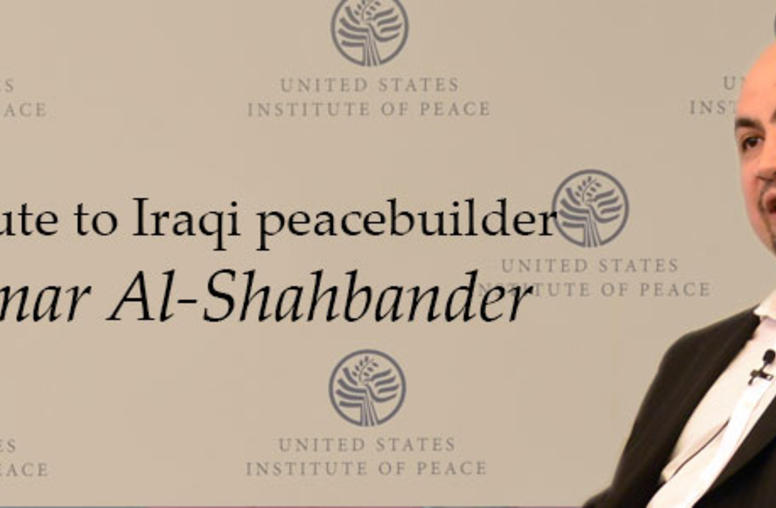
Tribute to Iraqi Peacebuilder Ammar Al-Shahbander
USIP joins the many other organizations, friends and family honoring the life of Ammar al-Shahbander, the Iraq chief of mission for the Institute for War & Peace Reporting (IWPR), who died May 2 in Baghdad as a result of a car bomb attack. A number of USIP staff worked with Ammar to advance his country’s search for peace and security.
Iraq Needs International Pressure, Unity to Stem Violence, Lawmaker Says
Iraq’s ethnic and sectarian divisions, fueled by regional competition among Iran, Saudi Arabia, Qatar and Turkey, also suggest a way toward a resolution, according to Yonadam Kanna, a member of Iraq’s parliament. It will take internal and international pressure for reconciliation and urgent assistance for rebuilding areas destroyed by the fighting, he said in a recent roundtable at USIP.
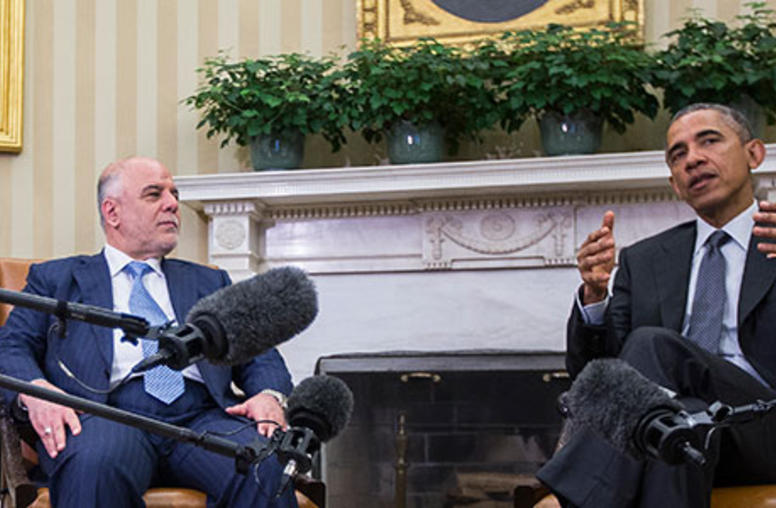
Winning the Peace in Iraq is Bigger than Winning the War
The plan for Iraq's future needs to go deeper than defeating the Islamic State.
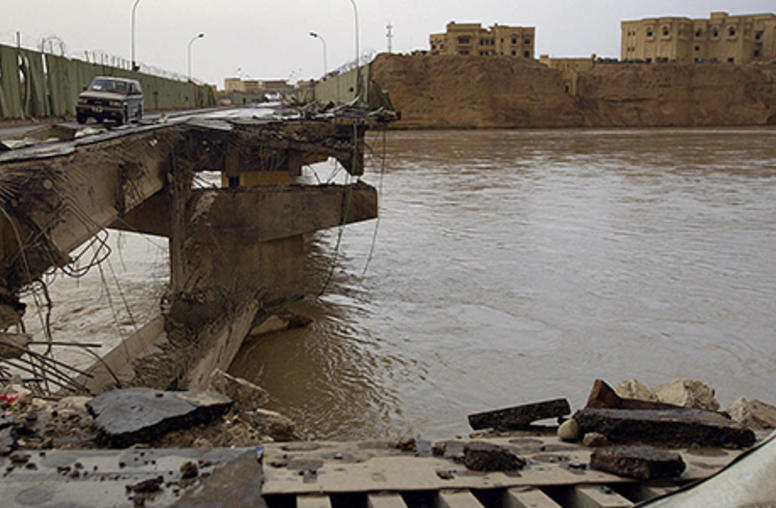
Q&A on Iraq: 'Standing on Quicksand'
Iraq faces an array of obstacles this year, as the government of Prime Minister Haider al-Abadi struggles to unify competing factions and confronts the brutal militants of the so-called “Islamic State” militarily. Abadi must navigate significant economic challenges and massive displacements of citizens because of the fighting, while struggling to meet terms set out by the country’s Kurdish Regional Government in the north and the Sunni coalition who joined his government in Baghdad.
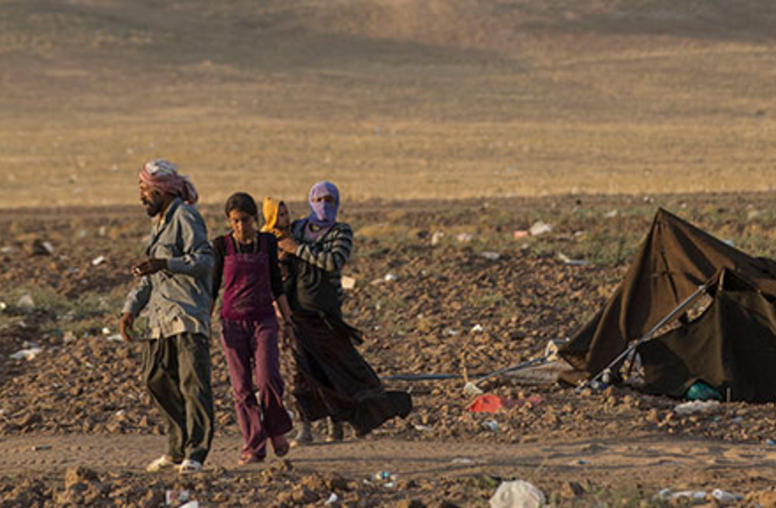
'Islamic State' Attacks Fuel Anger, Cloud Talk of Reconciliation in Iraq
The devastation wrought by the past year’s renewed conflict in Iraq -- and equally by the long slog to dislodge the Islamic State -- can be captured in the frame of a teenage boy. The new fighting atop a decade of war after the 2003 U.S. invasion brings not only further physical damage, but a dangerous breakdown of the social fabric.
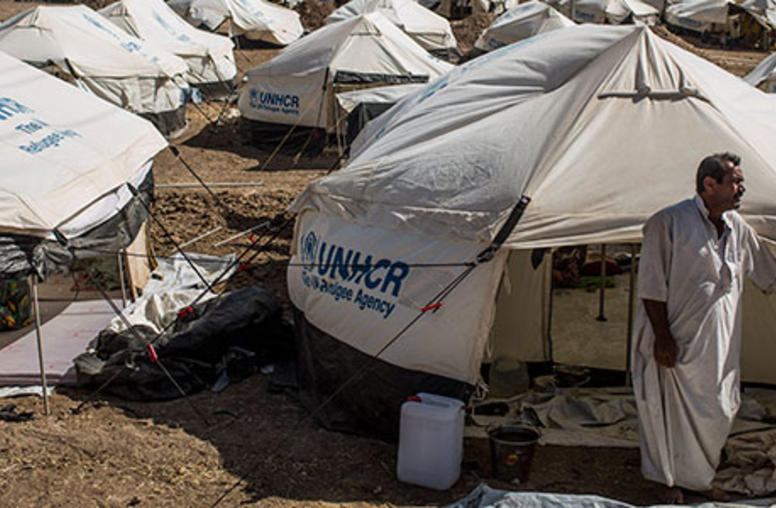
Q&A: Iraq’s Spreading Turmoil
With fighting in Iraq spreading since the shocking onslaught of a militant group once aligned with al-Qaida, the country's Parliament convened this week to start forming a new government based on the April elections, only to adjourn again within hours. Sarhang Hamasaeed, a senior program officer at the U.S. Institute of Peace, explains the latest developments, the forces tearing at the country's fabric and the effects on the broader region.
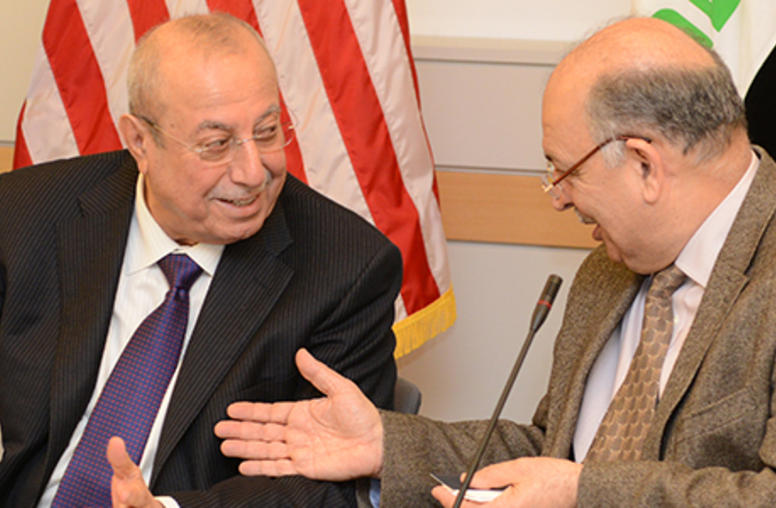
Iraq Needs Political Reconciliation to Avoid Wider Splits, Deputy PM Says
Iraq’s political divisions will require considerable efforts at reconciliation and better communication among the country’s major political parties, or those divisions are likely to widen, Rowsch N. Shaways, Iraq’s federal deputy prime minister, said during a visit to the U.S. Institute of Peace (USIP) on March 5.
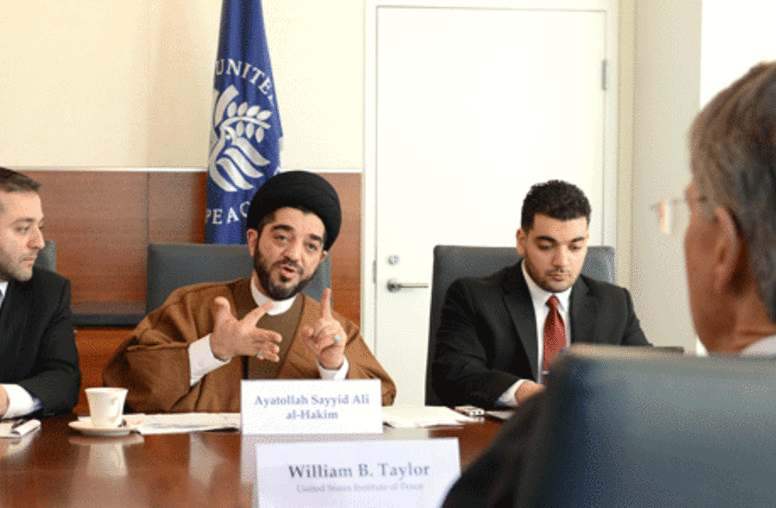
Iraqi Shiite Figure Advocates Civic, Not Religious State at USIP
An influential Iraqi Shiite scholar used a visit to the U.S. Institute of Peace (USIP) to argue that even amid the growing Shia-Sunni tensions and violence besetting his country, religious leaders there should support a civic rather than a sectarian conception of state affairs and politics.
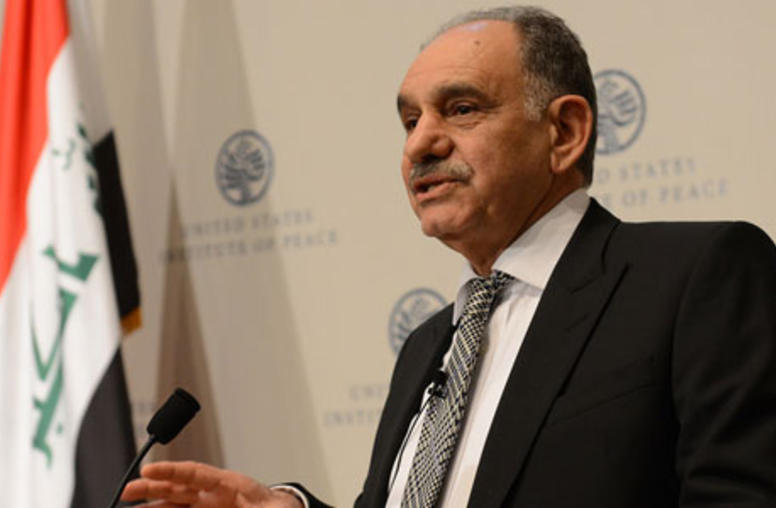
Iraqi Deputy Prime Minister Calls for Reconciliation, U.S. Pressure
Contending the United States has "a legal and moral responsibility" to help Iraq overcome its slide into political sectarianism, Iraqi Deputy Prime Minister Saleh al-Mutlaq said January 14 that the transfer of American weapons to the Iraqi Army to fight al-Qaida-linked militants occupying parts of the western province of Anbar will not succeed without a broader national reconciliation.